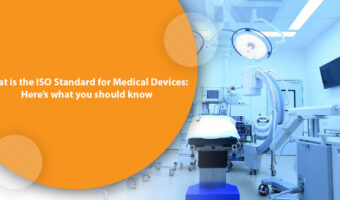Salmonella Testing According to ISO
About This Course
Salmonella is a genus of bacteria that is a major cause of foodborne illnesses globally. It comprises several species, with Salmonella enterica being the most significant in terms of human infections. Salmonella can be found in various foods, particularly undercooked poultry, eggs, meat, and contaminated produce. The bacteria can lead to symptoms ranging from mild gastroenteritis to severe systemic infections.
The International Organization for Standardization (ISO) has established several standards to guide the detection and enumeration of Salmonella in foods and animal feed. These standards provide methodologies for laboratories and industries to ensure food safety and compliance. Key ISO standards related to Salmonella include:
- ISO 6579: This standard outlines the method for the detection of Salmonella in food and animal feed. It specifies procedures for sample preparation, enrichment, isolation, and confirmation of Salmonella.
- ISO 19250: This standard focuses on the detection of Salmonella in environmental samples related to the food industry.
The program consists of 4 intensive training days, with interactive workshops, exchange of experiences, and role-playing activities, and each day lasts for 6 hours. The program is conducted at the companies’ and factories’ premises, as well as other organizations, after reaching a special agreement and arrangement in advance it is also available remotely online.





